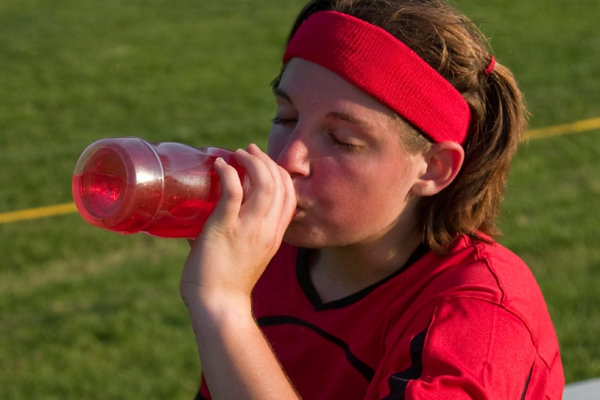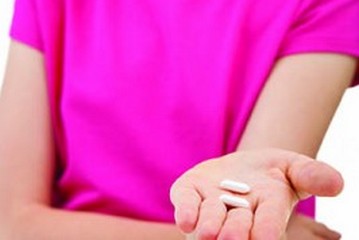SUGAR RUSH
Caffeine, which has been purported to increase energy and also acts as a mild stimulant, can be found in many foods and drinks, including coffee. Chances are, like many teens, your child may be enjoying caffeinated drinks daily. “So many of the coffee beverages that kids are exposed to these days are sweetened,” says Dr. Alexandra Roche. “The proliferation of sweetened coffee drinks is increasing the amount of caffeine kids are consuming.”
SHOULD YOU CURB YOUR TEEN’S CAFFEINE?
While individual tolerance will differ, says Dr. Roche, the general recommendation is 200 to 300 milligrams of caffeine per day. If you have too much, say 500 to 600, you can experience heart palpitations, elevated blood pressure, insomnia or become irritable. “If teens have increased caffeine that can increase irritability. Generally, it’s a good idea to limit your teen to one caffeinated beverage per day,” advises Dr.Roche.
MODERATION IS KEY
Be aware of what the ingredients are that you’re offering your kids, warns Dr. Roche. For example, a lot of energy drinks say they are flavored with fruit juice and vitamins, but they also contain guarana, another form of caffeine. “There are hidden ingredients in food and sometimes we don’t realize how much we’re consuming. Most things are reasonable in moderation,” she says.


















